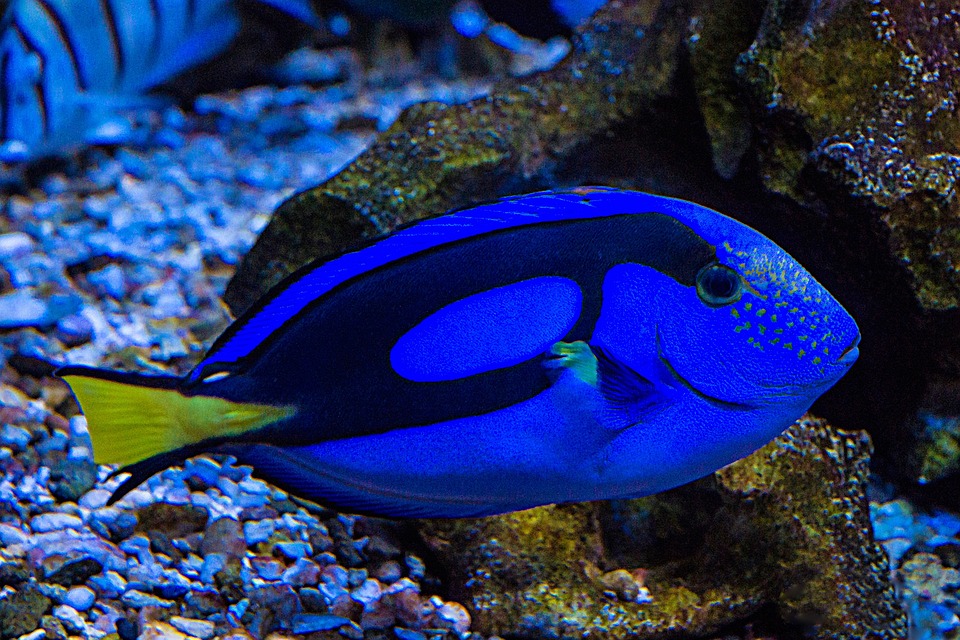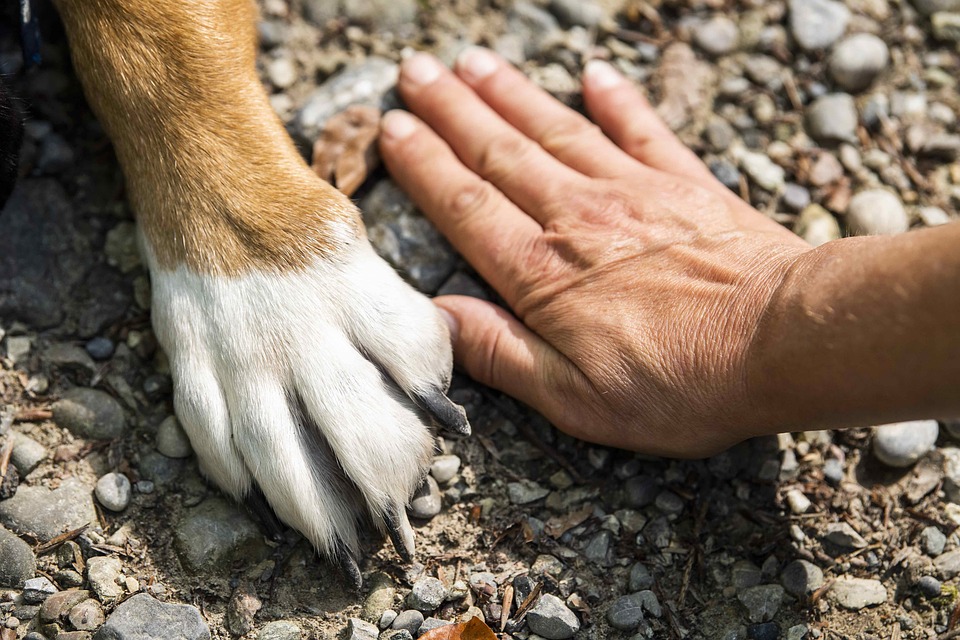Lead ammunition poses a significant threat to wildlife and ecosystems, as well as to human health. The toxic metal, when ingested by animals, can cause severe brain damage, organ failure, and ultimately death. Millions of wild animals are unintentionally killed each year due to lead poisoning, with species like California condors and various scavengers being particularly at risk. Lead fragments left behind in carcasses from recreational shootings can also harm raptors looking for food, further exacerbating the issue.
In response to this pressing concern, the U.S. Fish and Wildlife Service has initiated a program to encourage hunters to switch to lead-free ammunition at seven National Wildlife Refuges for the fall 2024 hunting season. By subsidizing the transition to non-toxic ammunition, the program aims to increase the popularity and market share of lead-free products. This move is crucial in safeguarding the health of wildlife, ecosystems, and humans alike.
Efforts to phase out lead ammunition have faced resistance from interest groups like the National Rifle Association, who argue that the additional cost of non-lead ammunition could hinder access for some hunters. However, studies have shown that lead-free ammunition only costs around 25% more than lead, and the shift towards non-toxic alternatives is essential in reducing the detrimental impact of lead on the environment.
The ban on lead ammunition for waterfowl hunting in 1991 resulted in significant improvements in the health of waterfowl species, demonstrating the positive effects of using non-toxic ammunition. The evidence supporting the dangers of lead ammunition for both wildlife and humans is overwhelming, and the need for a complete phaseout of lead-based products is urgent.
While progress has been made with initiatives like the lead ammunition ban in California, more action is needed to address the widespread use of lead ammunition. Non-regulatory programs, such as the one implemented by the FWS, can help circumvent challenges faced in regulatory actions and pave the way for a safer and healthier environment for all.
In conclusion, the detrimental effects of lead ammunition on wildlife, ecosystems, and human health cannot be ignored. It is imperative that we continue to advocate for the elimination of lead-based products and support initiatives that promote the use of non-toxic alternatives. By working together to combat the systemic injustices that harm animals, we can create a more sustainable and compassionate world for all beings.





